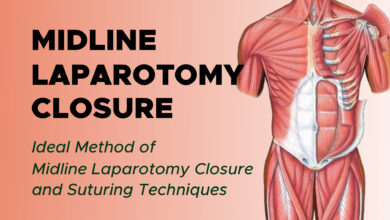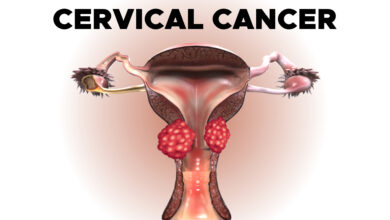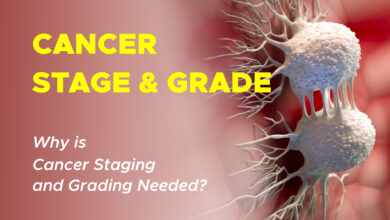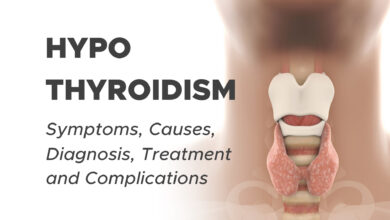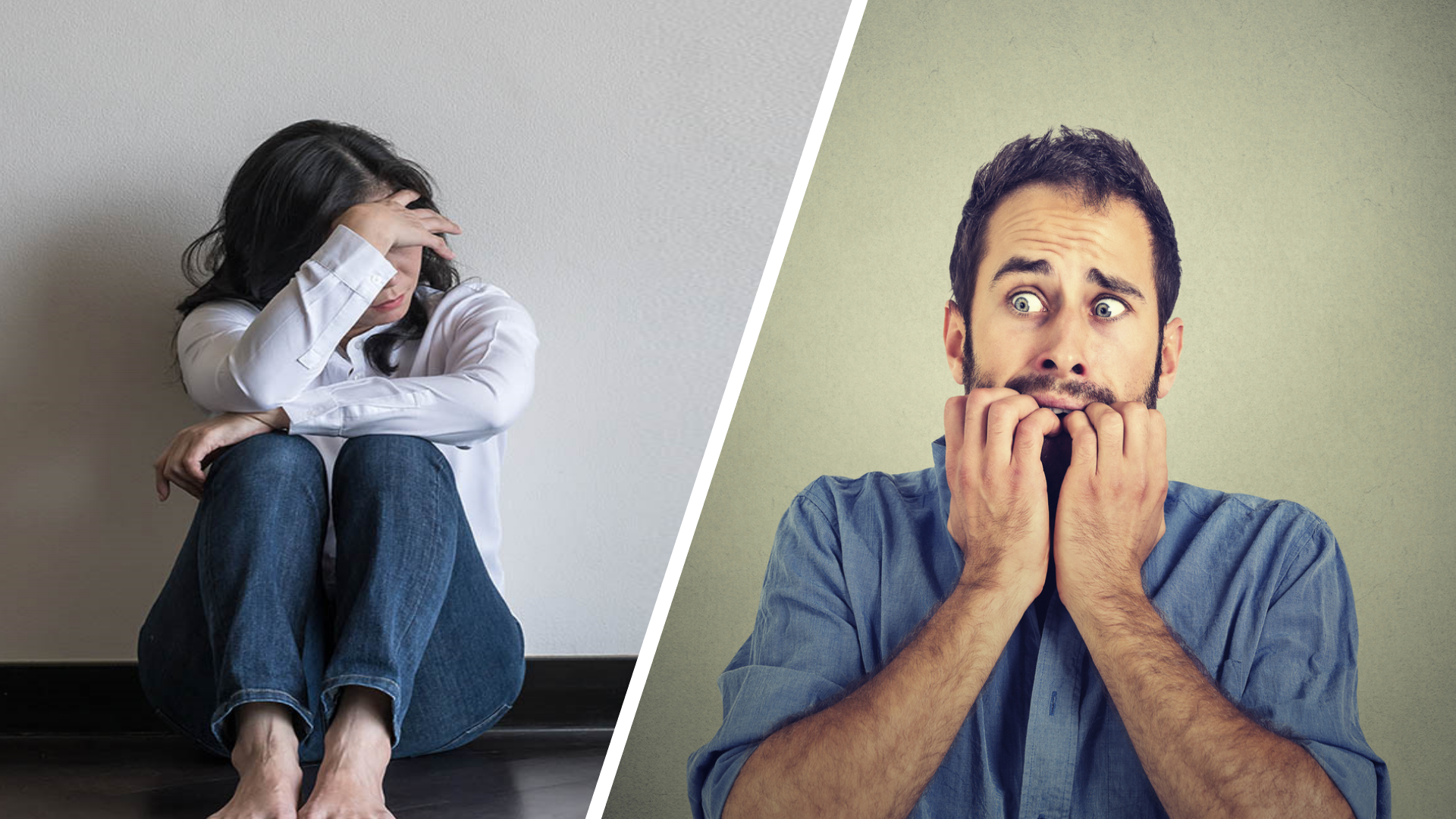
Anxiety Attack and Panic Attack: What’s the Difference?
Anxiety Attack vs. Panic Attack
You might hear the terms “anxiety attack” and “panic attack” used interchangeably, as if they mean the same thing. This is understandable given that some of the symptoms of anxiety attacks and panic attacks are similar, including a rapid heartbeat, shortness of breath, and dizziness. In practice, however, anxiety attacks and panic attacks have different features, and behavioral health professionals use these terms for specific symptoms and disorders.
Do you remember what happened when you were about to receive your exam results? Or when you went for a job interview? What did you feel when you were about to ask someone out on a date? Worried? Feared? Palpitations? Sweating? Dry mouth?
What you might have felt in those situations is termed anxiety.
Anxiety is the normal response of a body to any potential threat or untoward situation. But when this fear comes on suddenly, intense and overwhelming enough to disturb life, it is called panic.
Both reactions are quite similar, but not the same. Both may occur at the same time; anxiety gradually builds up to a perceived event and when the event finally arrives, the fear, the worry intensifies into a panic.
Since anxiety is a normal reaction, it is considered a good thing if held in moderation. It keeps you on your feet, focused and alert, and motivates a quick reaction. But when this anxiety becomes overwhelming, disturbs your daily life or relationships, the fear and worry take lead and you find yourself in a panic attack.
Common Symptoms:
Some symptoms are similar in both cases, like palpitations, chest pain, feeling of choking or tightness of throat, dry mouth, chills, sweating, hot flashes, trembling, numbness, tingling, nausea, abdominal pain, upset stomach, headache, dizziness and feeling faint.
Anxiety Attack:
Anxiety attack is referred to the feeling of anxiety for an intense or extended period to an anticipated stressor. It gradually builds up and can last from minutes to weeks.
Including the common ones mentioned above, there can be a wide range of symptoms, such as distress, fear, worry, easy fatigability, tense muscles, irritability, sleep problems, difficulty concentrating, etc.
Anxiety is divided into mild, moderate, or severe. It can stay at the back of your mind as you go about doing your daily work.
Anxiety attacks are not a sign of anxiety disorder and are a temporary feeling of discomfort that will pass. But more and more anxiety can lead to the development of a panic attack.
Deep breathing exercises, talking loudly to yourself, practicing mindfulness, and realizing what is happening are good coping techniques for anxiety attacks.
Symptoms of an Anxiety Attack
Some of the Most Common Emotional Anxiety Attack Symptoms are:
- Strong and persistent worry
- Nervousness
- Feeling restless
- Poor concentration and focus
- Fear that a situation will turn out badly
- Being irritable or moody
An Anxiety Attack Can Affect the Physical Health of Someone With:
- Feeling hot or cold and clammy
- Feeling jittery or shaky
- A sense of being “keyed up” or restless
- A wanted or unwanted burst of energy
- Feely sweaty
- A queasy feeling in the stomach
- Increased heart rate
Panic Attack
A panic attack is when the episode of fear is out of proportion, causes physical reactions, and occurs with or without any obvious cause. It comes on suddenly and is short-lived lasting for only a few minutes.
It accompanies the feelings of impending doom, fear of death, of loss of control, of losing someone, and a sense of detachment from self or the world.
These may be triggered by certain settings, such as fear of closed spaces (claustrophobia), fear of open spaces (agoraphobia), fear of heights (acrophobia), driving, stressful job, excessive caffeine, drug withdrawal, medications, chronic diseases, and thyroid illnesses.
Once a patient has a panic attack, it triggers worries and fear of having similar attacks. This leads to avoidance of triggers or situations where they might feel at risk of having an attack.
Panic attacks usually require medications for control. Other than medicines, coping techniques and lifestyle modifications also help ease the symptoms.
Symptoms of a Panic Attack
Panic attacks can be linked to other mental health problems, such as particular phobias, or they can be at the core of the problem, such as in the case of panic disorder. Panic attacks have an unmatched ability to form the thoughts , feelings and behaviours of a person quickly.
In Panic Attacks, the Emotional Symptoms Include:
Extreme fear: Some fear that they’re having a heart attack, that they’re dying, or that their body has something terribly wrong. Others are concerned that they are losing control of their bodies, their minds, or that they are going insane.
Derealization: A sense of a person’s surroundings or experiences being unreal or not really happening
Depersonalization: A sense or feeling that a person is not connected to his or her body, that he or she is in a dream, or that he or she experiences his or her actions from outside the body.
Intense worry about the next panic attack and the possible outcomes
Strong urge to flee the situation to find safety
Panic Attacks Trigger a Host of Symptoms of Physical Health:
- Cardiac changes like increases in heart rate, palpitations, or heart-pounding
- Feeling sweaty, especially in the hands, feet, and underarms
- Being shaky or trembling
- Struggling to catch your breath or thinking like you’re smothered
- Feelings of choking
- Discomfort, pain, or tightness in the chest
- Feeling nauseous or sudden distress in the abdomen
- Feeling dizzy, unsteady, light-headed, or like one is going to faint
- Temperature changes like feeling hot or having chills
- Being numb or having a tingling sensation in locations like hands, feet, or face
Treatment for Anxiety and Panic Attack
Whether you’re dealing with panic, persistent anxiety, or both, effective treatment is available. Some of the most common treatment options include therapy, prescription medications, and self-help strategies. You may decide to try one or a combination of these methods.
Psychotherapy can help better you understand your symptoms, develop ways to manage them, work through past pain, determine your path for the future, and gain a clearer perspective that will allow for a more hopeful outlook.
Medications can assist you in reducing your symptoms. They sometimes may only be needed for a short period of time to control symptoms while you work on the other strategies.
Self-help techniques, such as breathing exercises and progressive relaxation, can be beneficial in allowing you to work through symptom management at your own pace.
